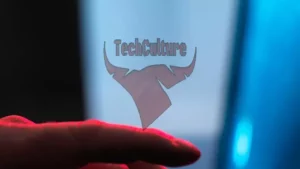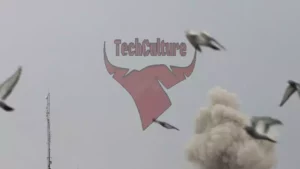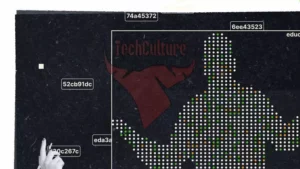Google Edits YouTube Ad to Remove AI Error in Gemini Promotion
In a recent development, Google has quietly modified a YouTube advertisement for its AI model, Gemini, to remove an erroneous claim. The ad, initially released on January 30 as part of a Super Bowl promotion for “Google Workspace with Gemini,” featured an AI-generated statement about gouda cheese consumption that raised eyebrows among viewers and experts alike.
The advertisement showcased a Wisconsin cheese mart owner utilizing Gemini for product descriptions. However, the AI model made a questionable assertion, claiming that gouda accounts for “50 to 60 percent of the world’s cheese consumption.” This statement was swiftly challenged by Nate Hake, a travel blogger, prompting further scrutiny.
To verify the claim, The Verge consulted Andrew Novakovic, an agricultural economics professor, who disputed the accuracy of Gemini’s statement. In response, Google initially defended the AI’s output, with Jerry Dischler from Google Cloud apps citing multiple web sources to support the claim. Dischler’s defense, posted on X (formerly Twitter), included a pun-filled response that drew attention to the controversy.
This incident highlights the challenges associated with automating information gathering and the risks of relying on AI-generated content without human verification. The inclusion of incorrect data in a high-profile advertisement underscores the potential pitfalls of AI dependence in marketing and information dissemination.
In response to the backlash, Google has since removed the erroneous claim from the YouTube ad. While the video’s description and publish date remain unchanged, before and after screenshots clearly show the edit. This alteration raises questions about Google’s adherence to YouTube’s editing policies, which typically allow minor edits but prohibit major content changes without re-uploading.
Google’s decision to edit the video content under the same URL appears to contravene YouTube’s standard rules, demonstrating the company’s unique position as the platform’s owner. The situation highlights the complex dynamics between corporate influence and platform policies.
The tech giant’s action in editing the ad suggests an acknowledgment of the error’s significance. This incident reflects broader issues surrounding AI-generated content and the need for careful oversight in its application.
As of the time of publishing, Google has not provided an official comment on the situation. The controversy continues to spark discussions about the reliability of AI-generated information and the responsibilities of tech companies in managing and presenting such content to the public.




